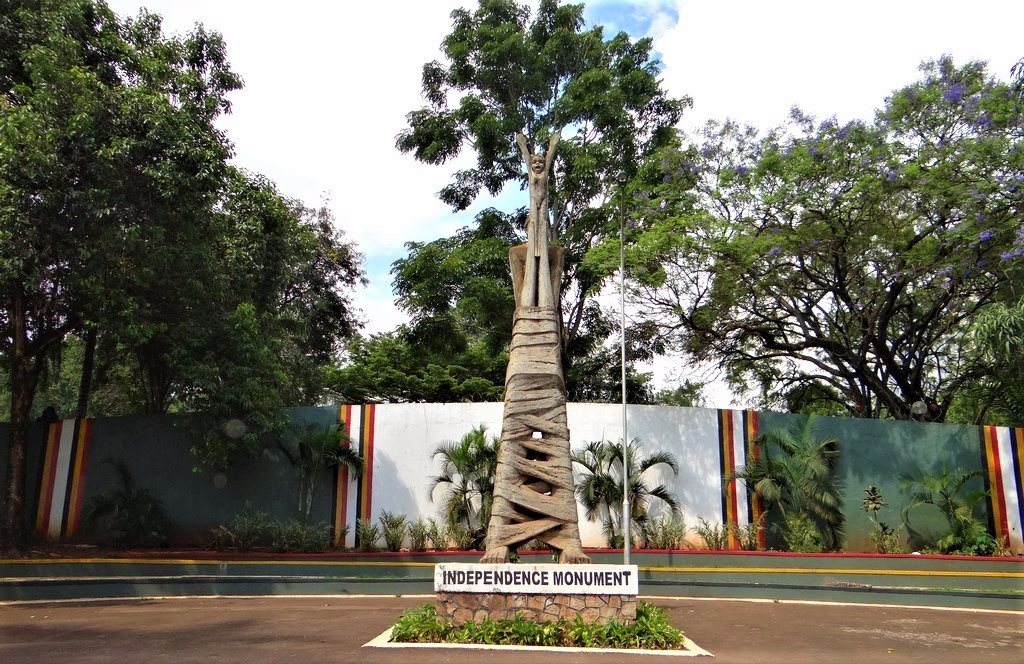
Heritage and Historical Tourism
Heritage and Historical Tourism in Uganda “The Pearl of Africa”, an African country found in the heart of East Africa. This beautiful nation is a land of stunning landscapes, diverse cultures, as well as a history that stretches back thousands of years. While it is often celebrated for its wildlife and natural wonders, Uganda also boasts a rich tapestry of heritage and historical treasures waiting to be explored. Let’s embark on a journey through Uganda’s captivating heritage and historical tourism destinations, shedding light on the stories, traditions, and ancient marvels that make this East African nation a truly exceptional destination for the culturally curious traveler.
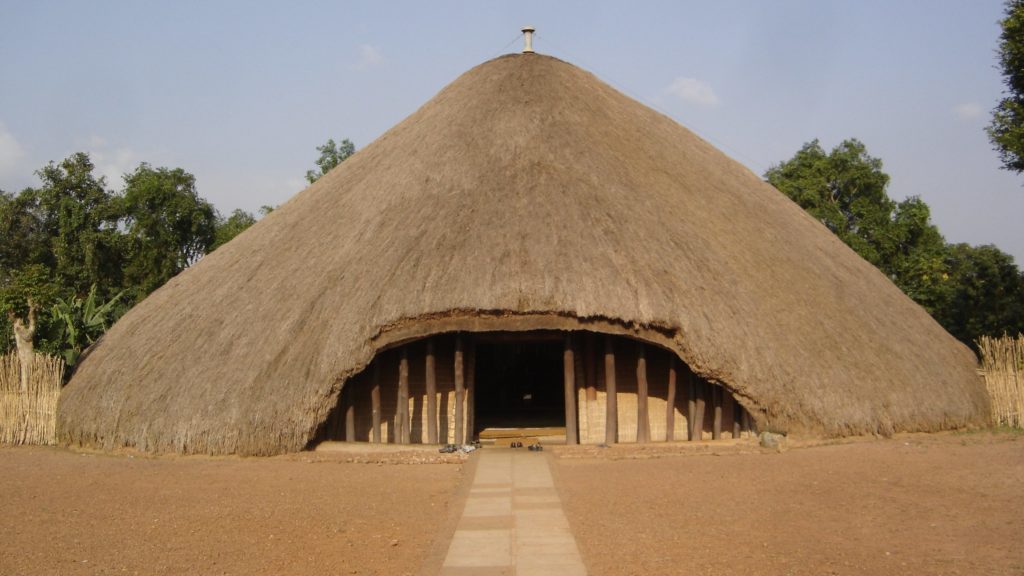
The Pearl of Africa’s Heritage
- The Kingdoms of Uganda: Uganda is home to several distinct kingdoms, each with its own rich cultural heritage. The Buganda Kingdom, the largest and most influential, is known for its vibrant traditions, including the royal drums, intricate dances, as well as the Buganda Kingdom Tombs, a UNESCO World Heritage Site. Visitors can explore these historic royal tombs and learn about the history and customs of the Buganda people.
- The Kasubi Tombs: Located in the heart of Kampala, the Kasubi Tombs are another UNESCO World Heritage Site that offers a glimpse into Uganda’s royal history. These royal tombs are the burial grounds of Buganda kings and are a significant spiritual and cultural site for the Baganda people.
- The Naggalabi Buddo Coronation Site: This site is where Buganda kings are traditionally crowned, and it is of great historical and cultural importance. Visitors can witness the rituals and ceremonies associated with the coronation of Buganda kings, gaining insight into the kingdom’s heritage.
- Jinja and the Source of the Nile: While renowned for being the source of the world’s longest river, the Nile, Jinja is also a place of historical significance. Visitors can explore the town’s colonial-era architecture and visit the monument marking the exact spot where explorers John Speke and Richard Burton stood when they discovered the source of the Nile in 1858.
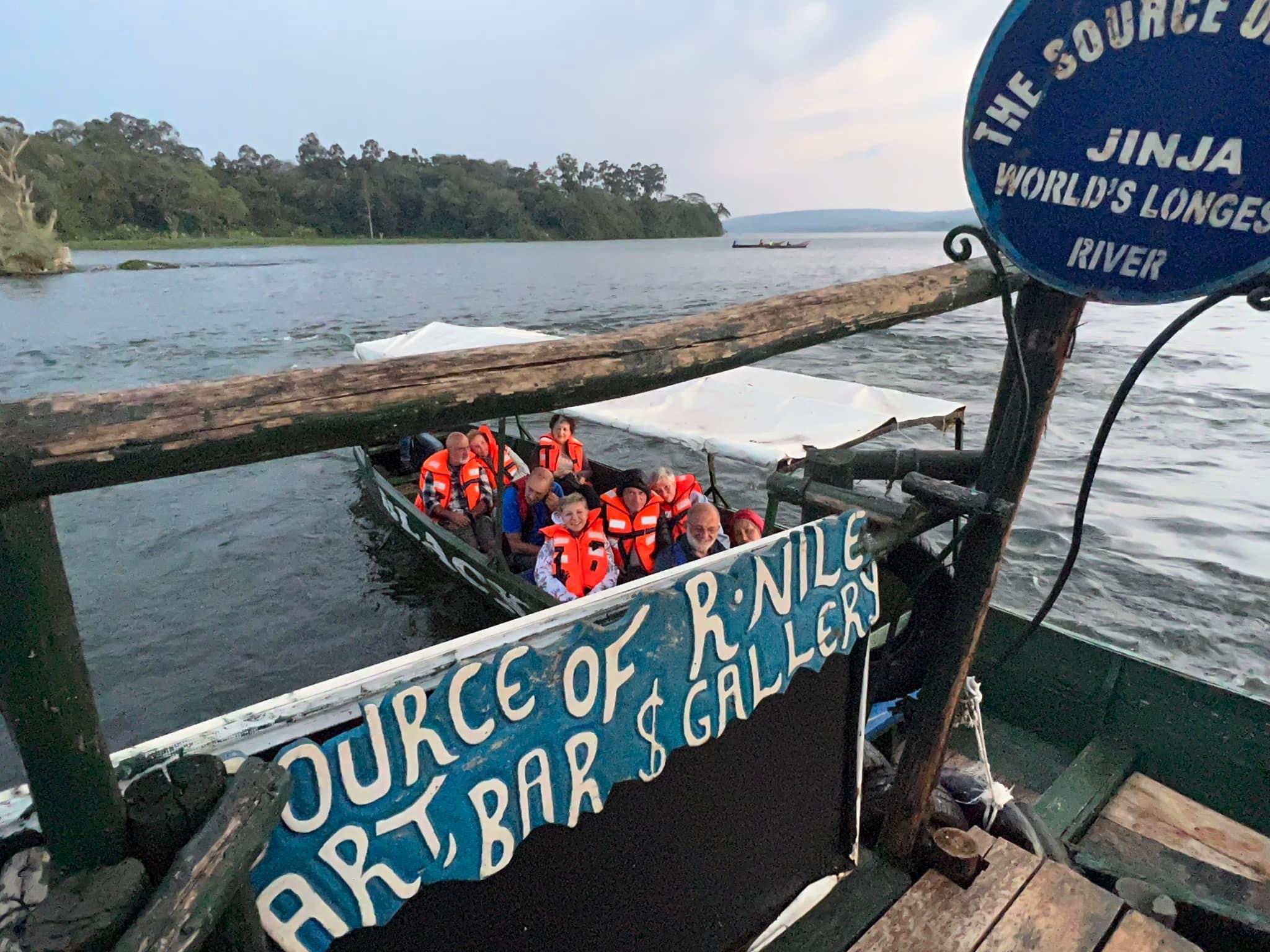
Historical Marvels
- Uganda Museum. Located in Kampala, the Uganda Museum is a treasure trove of the nation’s history and culture. It houses a vast collection of artifacts, from prehistoric tools to traditional musical instruments. These provide visitors with a comprehensive overview of Uganda’s heritage.
- Independence Monument. A symbol of Uganda’s independence from British colonial rule, the Independence Monument stands proudly in the heart of Kampala. It’s a popular spot for both locals and tourists to learn about Uganda’s history and take in the city’s skyline.
- Fort Portal. This charming town in western Uganda is steeped in colonial history. Visitors can explore the old colonial architecture, visit the Toro Kingdom Palace, and learn about the region’s history from local guides.
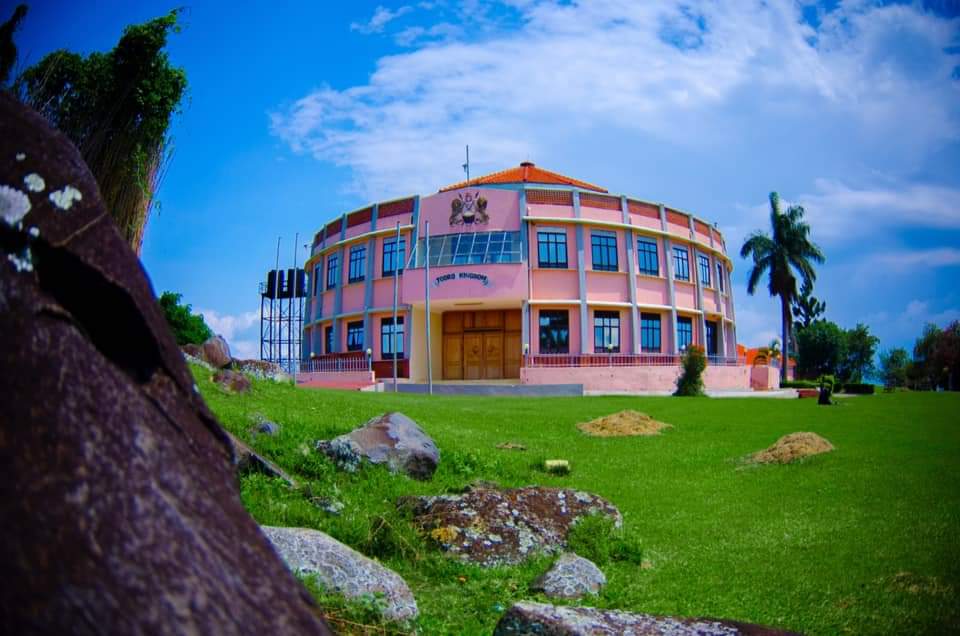
Cultural Experiences
- Traditional Dance Performances. Throughout Uganda, you can experience captivating traditional dance performances that showcase the diverse cultures of the country. Whether it’s the energetic Bwola dance of the Acholi or the rhythmic Bakisimba dance of the Baganda, these performances offer a window into Uganda’s rich cultural heritage.
- Craft Villages. Uganda is a paradise for its vibrant craft industry. At craft villages like the Ndere Cultural Centre in Kampala, visitors can witness artisans at work, purchase traditional crafts, and gain insights into the significance of these crafts in Ugandan culture.
- Cultural Festivals. Timing your visit to coincide with one of Uganda’s many cultural festivals can be a transformative experience. The Nyege Nyege Festival, Bayimba International Festival, as well as the Imbalu circumcision ceremony are just a few examples of events that offer a deeper understanding of Ugandan culture and traditions.
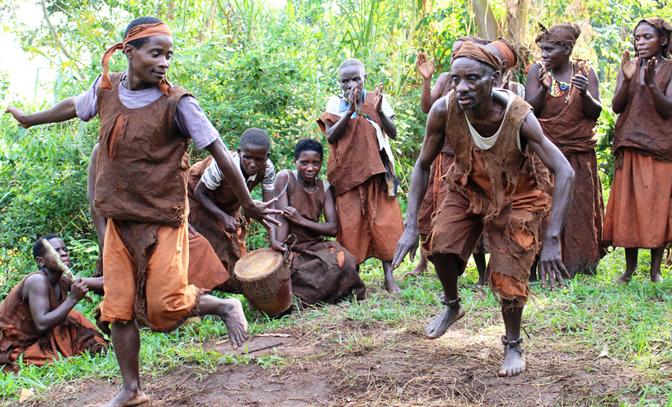
Conclusion
Uganda’s heritage and historical tourism offerings are a testament to the country’s rich and diverse history. From the royal traditions of the Buganda Kingdom to the colonial legacies in towns like Jinja and Fort Portal. There’s an abundance of historical treasures you need to see. Coupled with the vibrant cultural experiences and warm hospitality of the Ugandan people, a journey through Uganda’s heritage and historical sites promises to be an unforgettable adventure for any traveler seeking a deeper connection with the past and a greater understanding of this remarkable nation.
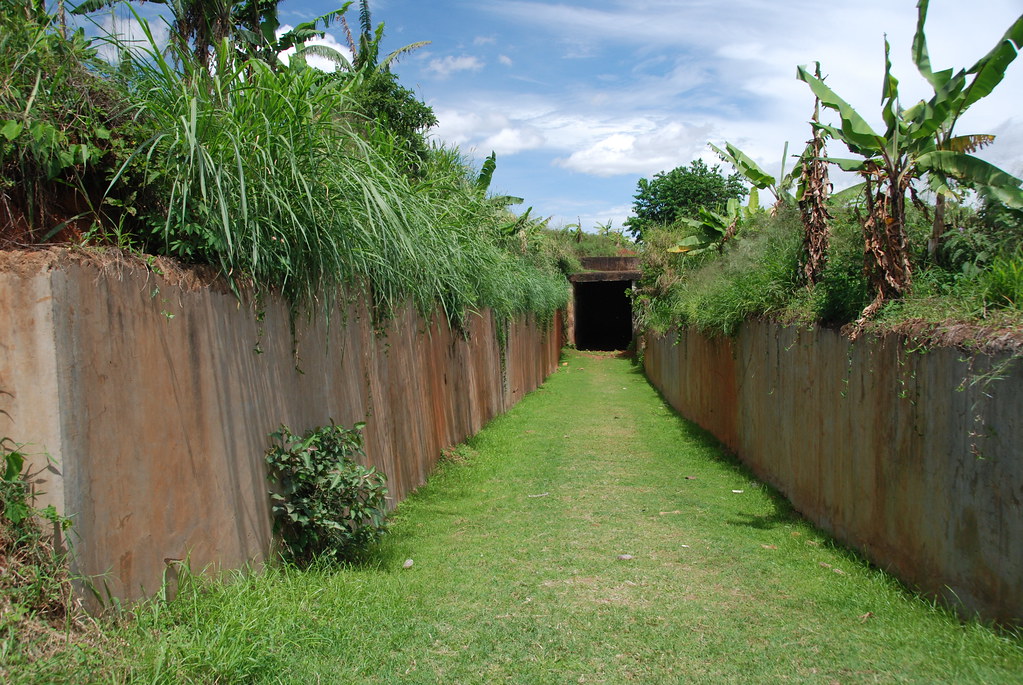
FAQ
Certainly! Here is a list of frequently asked questions (FAQ) about heritage and historical tourism in Uganda:
- Can you recommend some UNESCO World Heritage Sites in Uganda?
- What is the significance of Uganda’s cultural heritage?
- How can I learn about the history and culture of the Ugandan people during my visit?
- Are there any traditional festivals or events that showcase Uganda’s heritage?
- What are the best museums to visit in Uganda for a historical perspective?
- Can I visit traditional villages or communities to experience Ugandan heritage firsthand?
- Are there any guided tours or cultural experiences available for tourists interested in heritage tourism?
- What is the role of Uganda’s national parks in preserving its historical and natural heritage?
- How can I learn about the history of Uganda’s struggle for independence?
- What are the cultural and historical contributions of different ethnic groups in Uganda?
- What is the history of Uganda’s wildlife conservation efforts?
- How can I support the preservation of Uganda’s heritage and historical sites as a responsible tourist?
- Can I participate in community-based tourism initiatives that promote heritage preservation?
- What are the best times of the year to visit Uganda for heritage and historical tourism?
- How can involve in volunteer opportunities in line with heritage preservation in Uganda?






